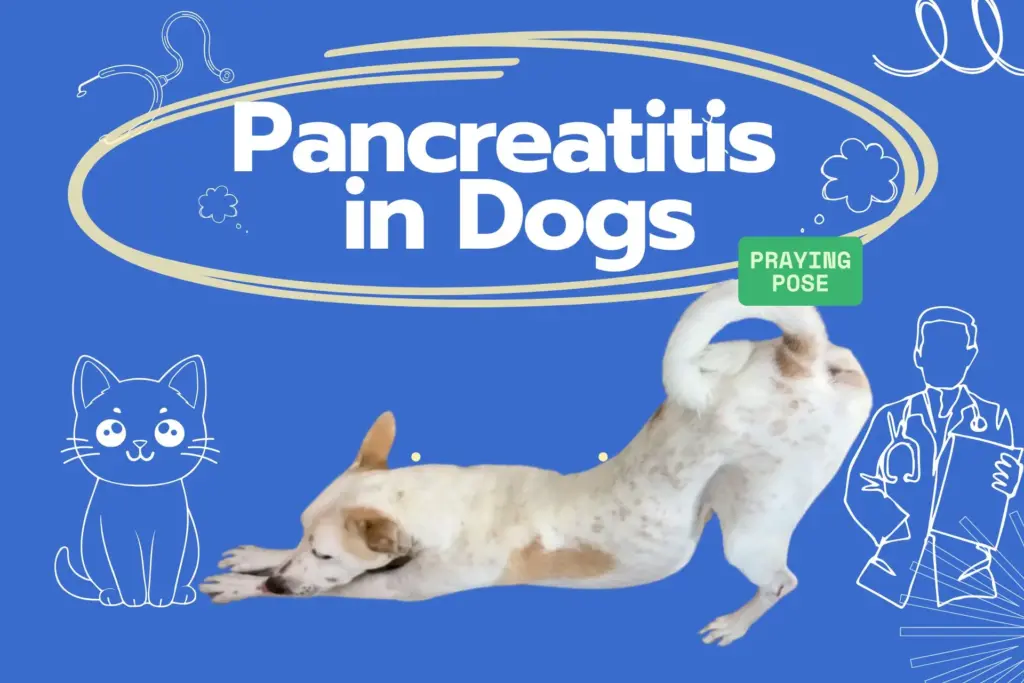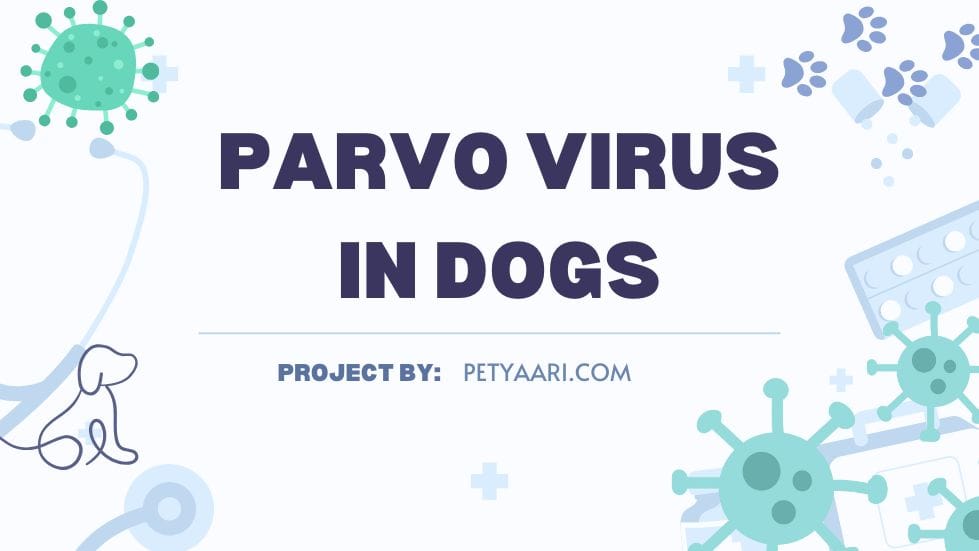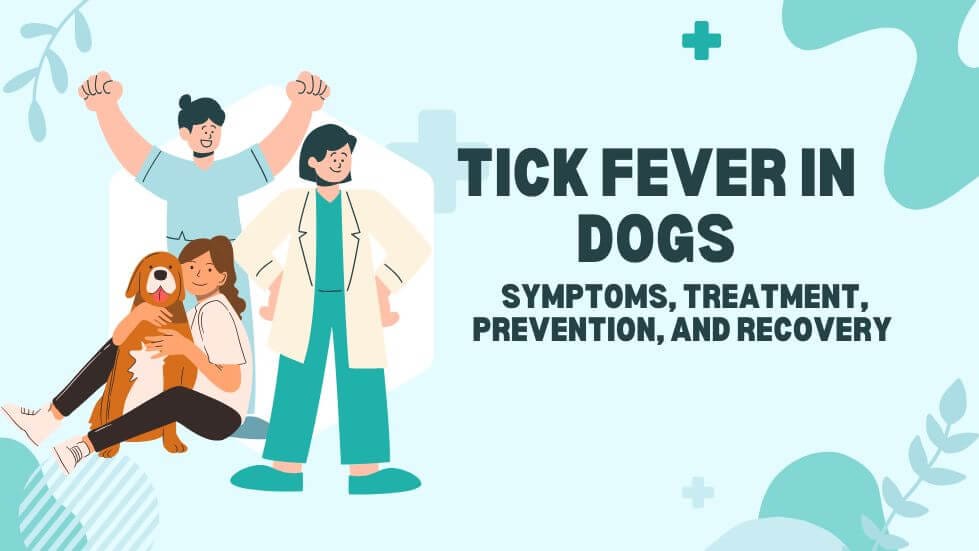Aural Haematoma Surgery in Dogs: Your Complete Guide to Procedure, Recovery, and Care
When you notice your dog’s ear flap has suddenly become swollen, puffy, and feels like a fluid-filled cushion, it can be alarming. This condition is …
When you notice your dog’s ear flap has suddenly become swollen, puffy, and feels like a fluid-filled cushion, it can be alarming. This condition is …

Pyometra in dogs is a silent but urgent medical emergency. For owners of unspayed female dogs, it poses a serious health risk. This condition is ...

As pet parents, finding a lump on your dog can be distressing. Mammary tumors, or “breast cancer,” are common in dogs. They can affect up ...

Hey, dog lovers! Picture this: you’re in Habsiguda, Hyderabad, enjoying some chai, and your dog, maybe a Labrador like Simba, starts acting weird. He’s puking, ...

Feline Immunodeficiency Virus (FIV) is a serious but manageable condition that weakens a cat's immune system, similar to HIV in humans. While there's no cure, early detection and proper care can help infected cats live long, happy lives. FIV primarily spreads through deep bite wounds, making outdoor and unneutered male cats most at risk. Symptoms may include fever, lethargy, weight loss, and recurring infections; however, many cats exhibit no signs for years. Diagnosis involves simple blood tests, and management focuses on preventing secondary infections through regular vet check-ups, a balanced diet, and keeping cats indoors. FIV cannot spread to humans or other pets through casual contact. At Petyaari Pet Clinic, we provide comprehensive FIV testing, treatment, and guidance to help your feline companion thrive. With proper care, FIV-positive cats can enjoy a good quality of life for many years.

Canine Parvovirus (CPV) is a highly contagious and life-threatening disease that primarily attacks unvaccinated puppies and dogs, causing severe vomiting, bloody diarrhoea, and dehydration. At Petyaari Pet Clinic, we emphasise that prevention through complete vaccination (starting at 6-8 weeks) and strict hygiene is crucial, as the virus can survive in environments for months. Early symptoms like lethargy and loss of appetite demand urgent veterinary care; delay reduces survival chances from 90% to below 20%. Treatment includes IV fluids, antibiotics, and advanced therapies like monoclonal antibodies, with costs ranging from ₹7,000 to ₹25,000. Recovery takes weeks, requiring careful nutritional support. Trust Petyaari for expert CPV care, from diagnostics to emergency treatment. Protect your pet: vaccinate, disinfect, and act fast at the first sign of illness.

Tick fever in dogs, caused by pathogens such as Ehrlichia, Babesia, and Anaplasma, is a serious health concern, particularly in tick-prone areas like India during the warm or monsoon seasons. Transmitted through tick bites, it leads to symptoms such as fever, lethargy, loss of appetite, joint pain, bleeding disorders, and jaundice. Without prompt treatment, it can cause severe complications like anaemia, organ damage, or even death. Diagnosis at Petyaari Pet Clinic involves physical exams, blood tests (CBC, LFTs, KFTs), and advanced PCR tests to identify specific pathogens. Treatment includes antibiotics (e.g., doxycycline), antiprotozoal medications, IV fluids, blood transfusions, and hospitalisation for severe cases. Recovery typically takes 2–6 weeks, with early intervention improving outcomes. Prevention is key: Use vet-recommended tick preventatives (topical treatments, oral medications, or collars). Conduct regular tick checks, especially after outdoor activities, focusing on ears, paws, and groin. Maintain a tick-free environment by trimming grass and avoiding high-risk areas. Tick fever is not contagious between dogs or to humans; only ticks transmit it. Home remedies are insufficient; veterinary care is essential. PCR tests for accurate diagnosis are available at Petyaari Pet Clinic. With proper treatment, tick fever is 100% curable. Vigilance, prevention, and timely veterinary care from Petyaari Pet Clinic are crucial to safeguarding dogs from tick fever. Schedule an appointment for tailored prevention or treatment plans to ensure your pet’s health.

Hyderabad is packed with vet clinics. To pick the top one, look at the vet’s skills, facilities, price, and what customers say. Choosing the right ...

Spaying your female cat in Hyderabad is a vital decision for her health, behaviour, and the local community. This surgical procedure, which removes the ovaries ...

Protecting your pet’s health starts with regular vaccinations. At PetYaari Veterinary Clinic, we offer expert pet vaccinations in Hyderabad at our BN Reddy Nagar, Vanasthalipuram, ...